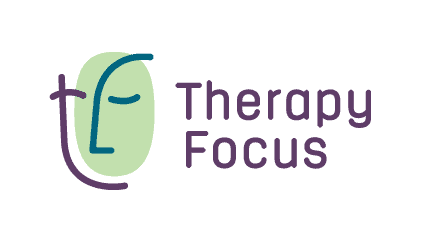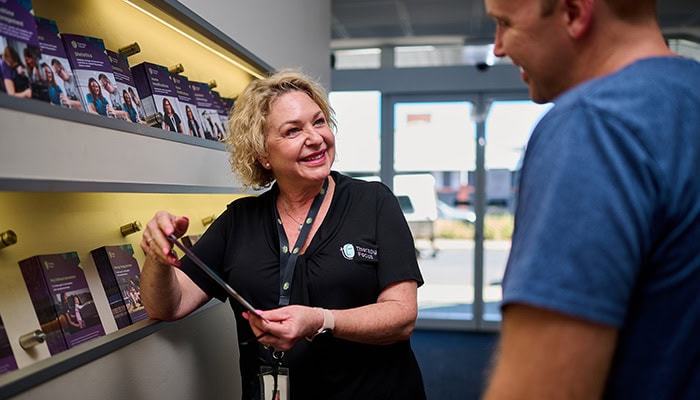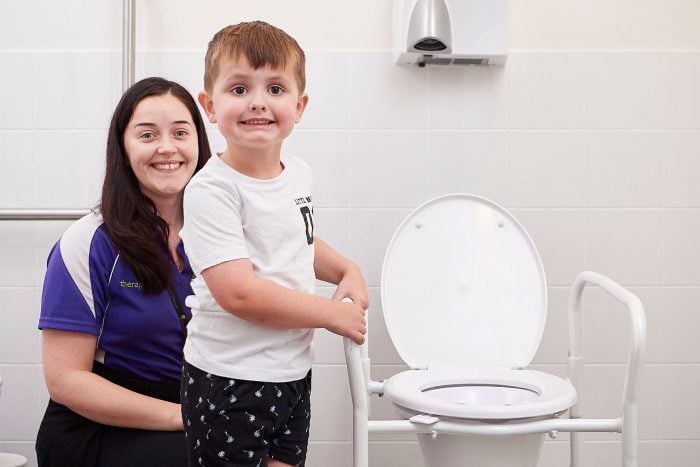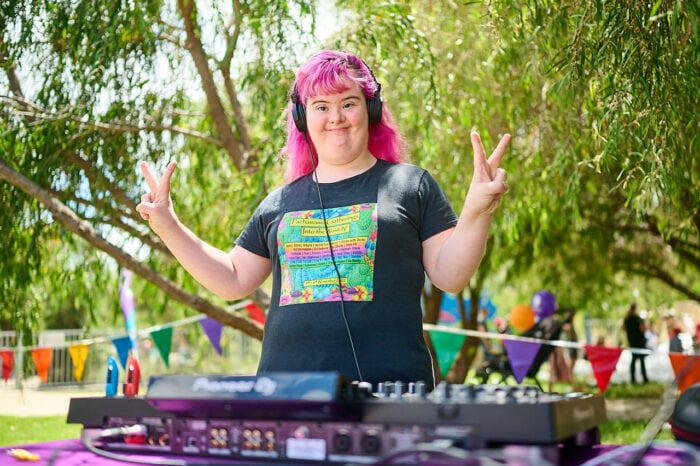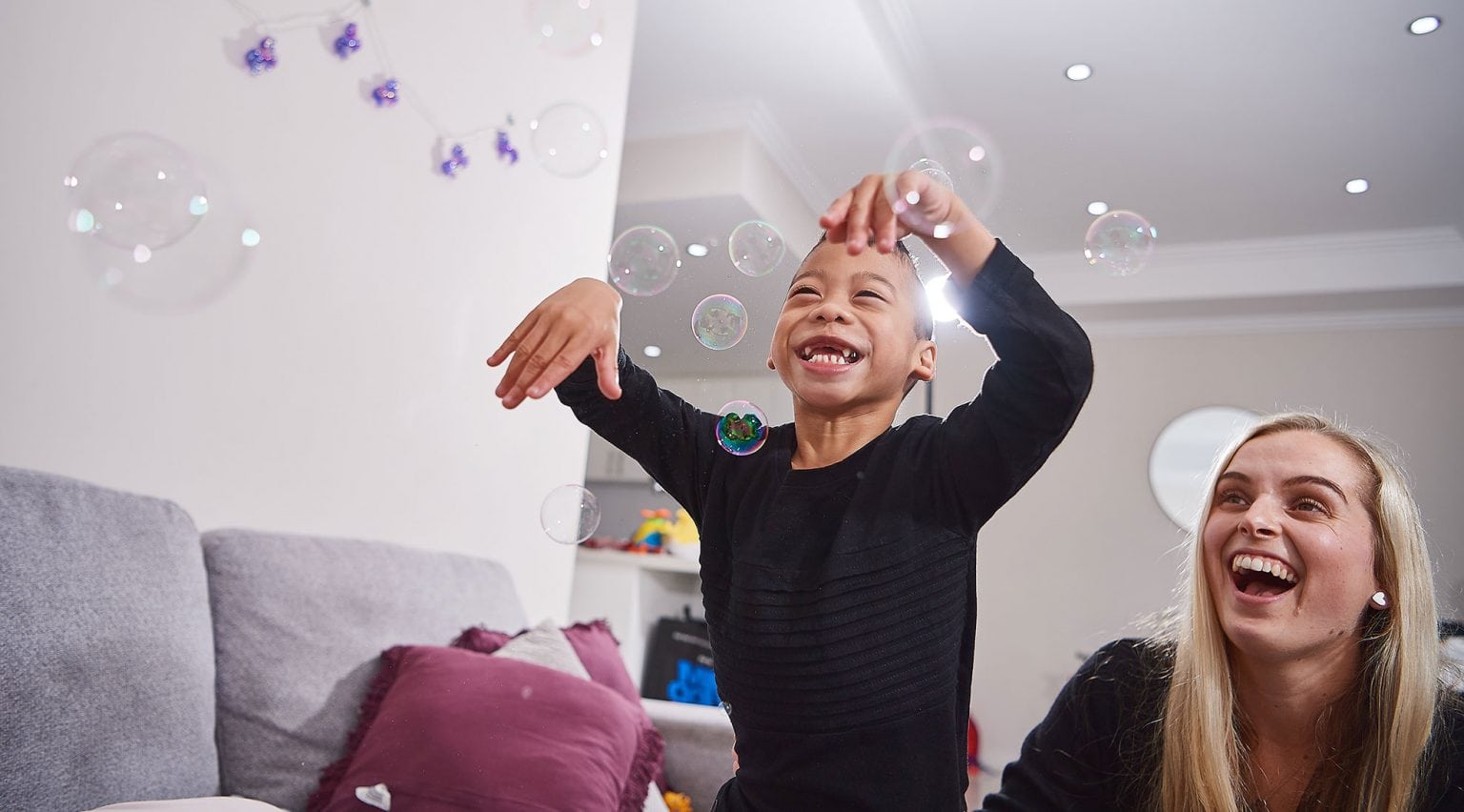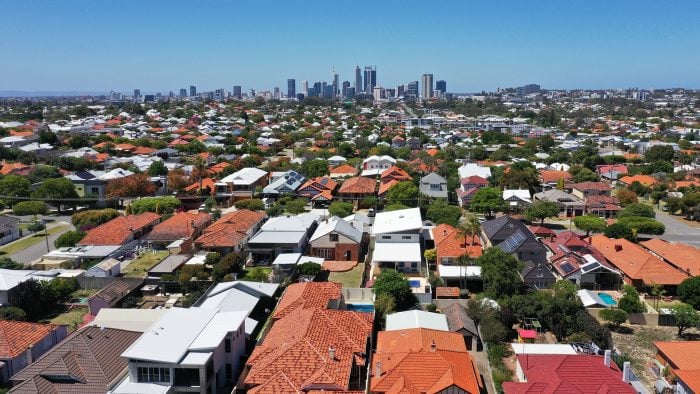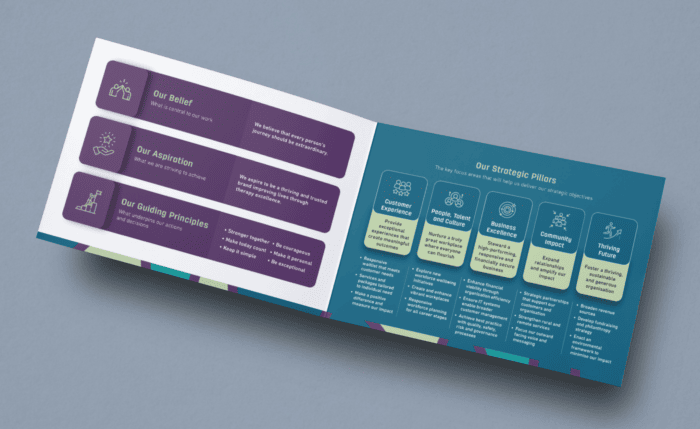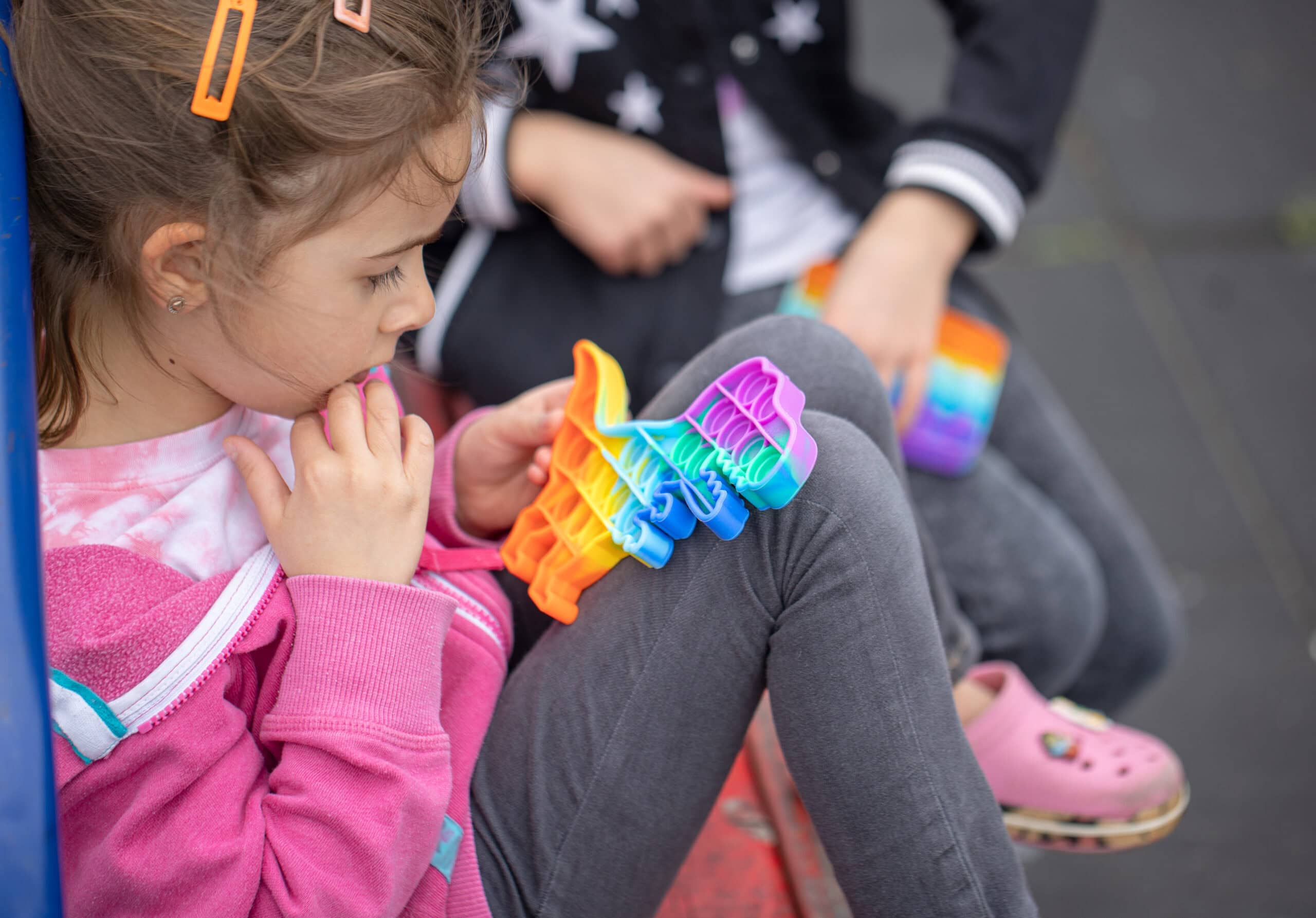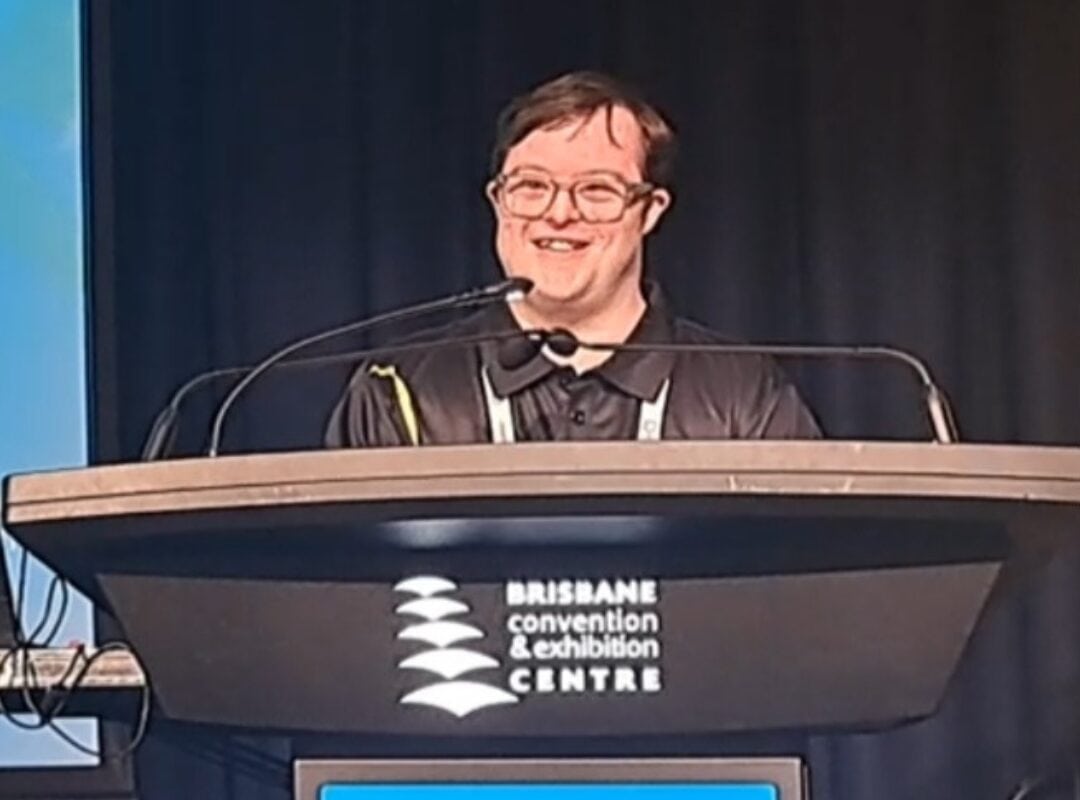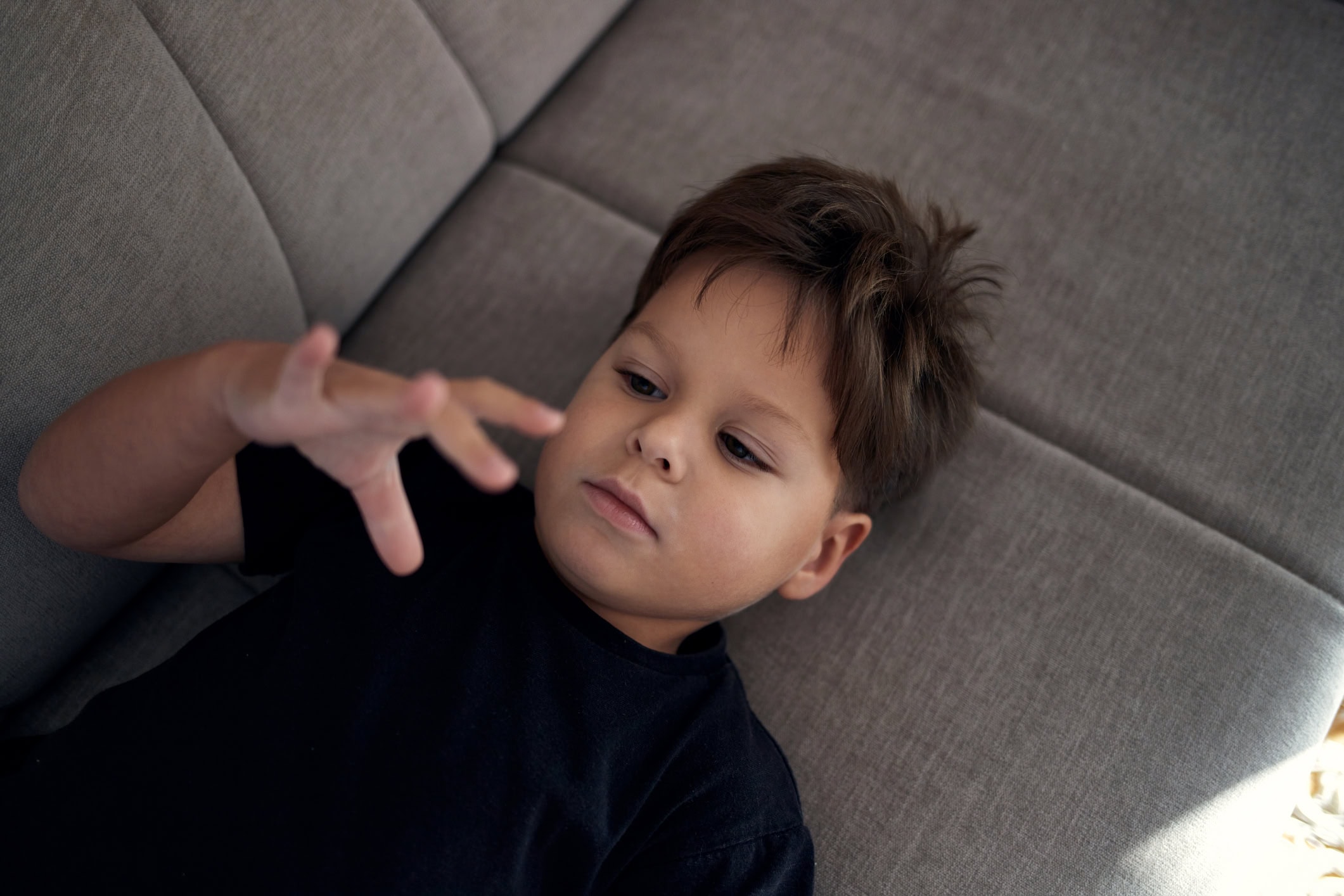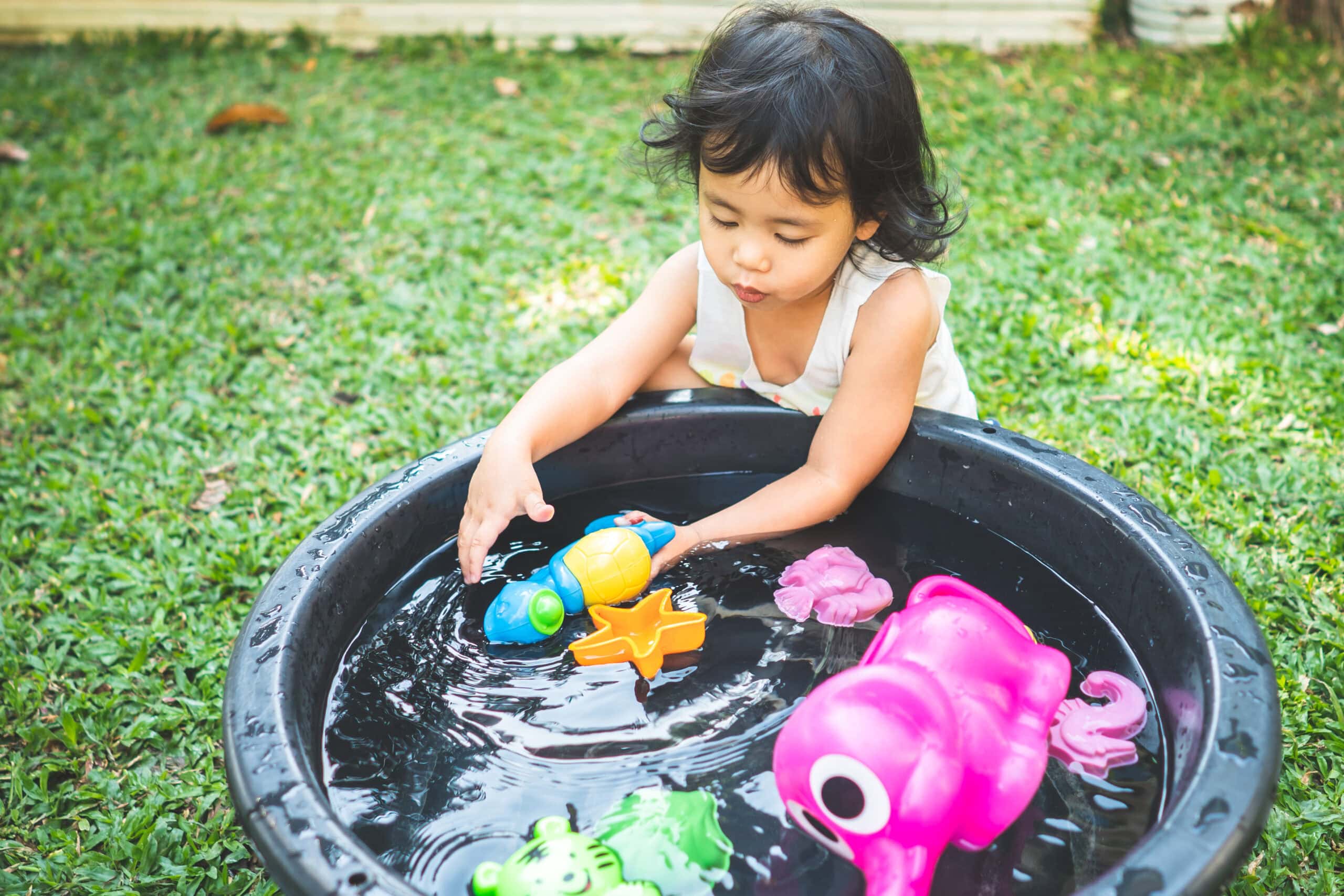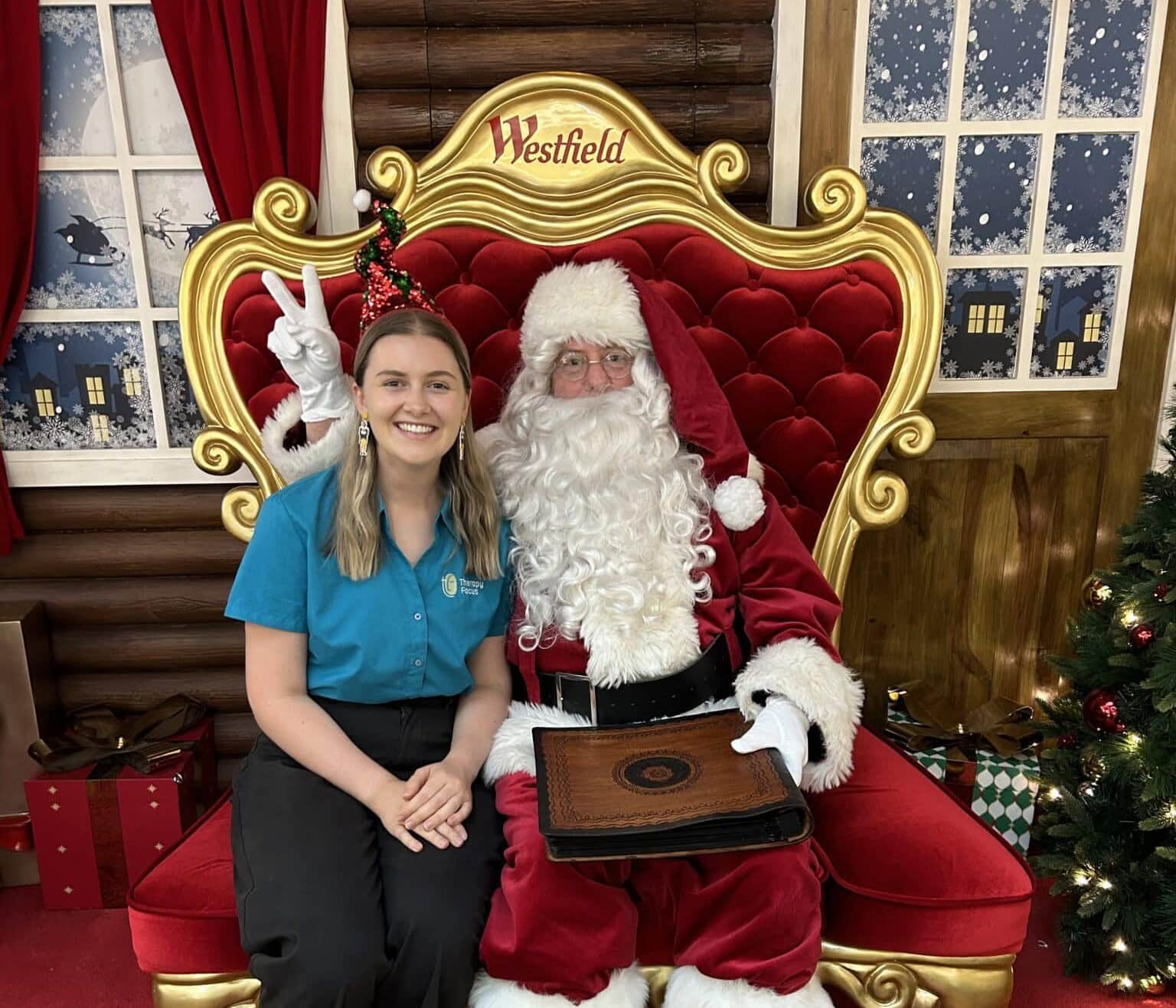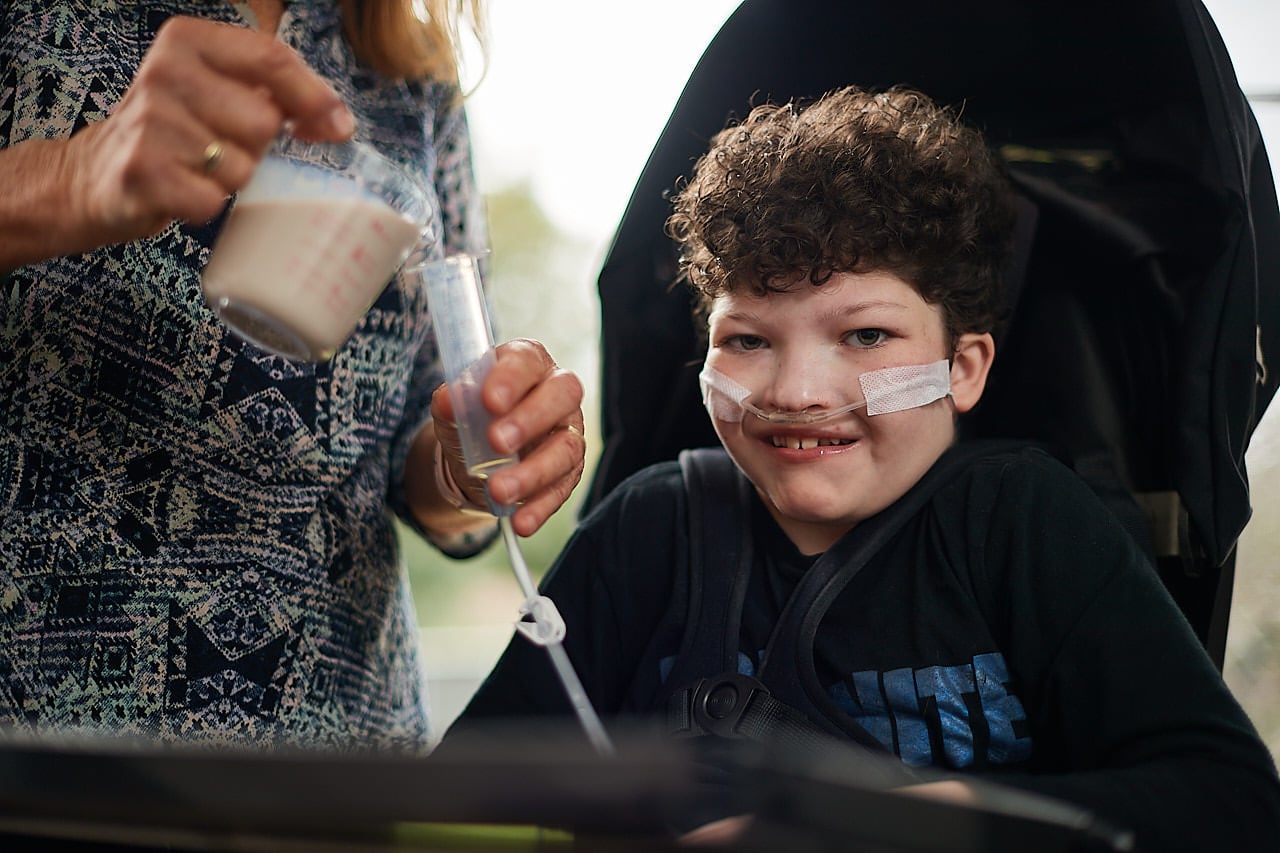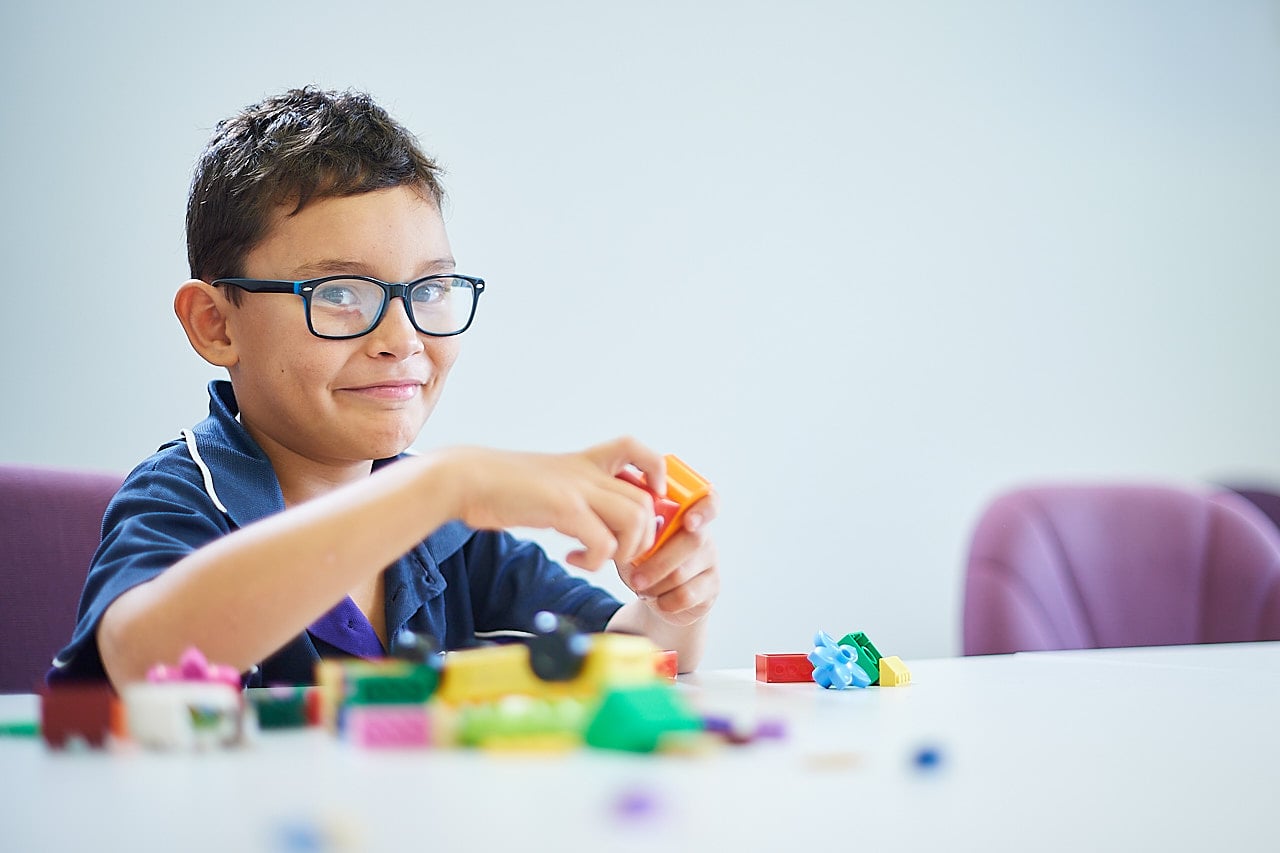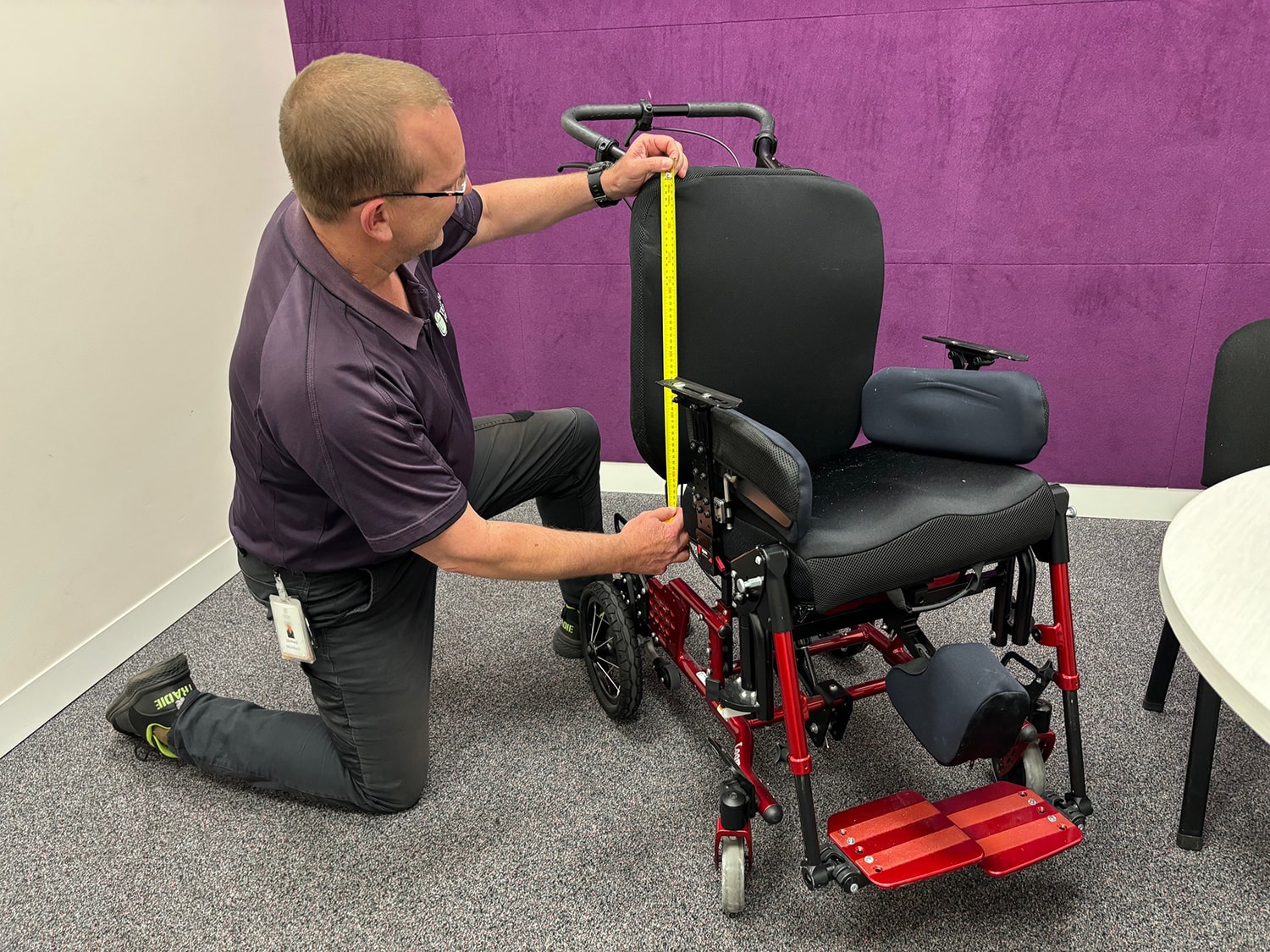What is a Developmental Language Disorder?
Language is a skill we all use to tell others our thoughts and feelings and understand the world around us. Sometimes communicating, using, and understanding language is not easy for everyone. Children with Developmental Language Disorder (DLD) present with persistent language difficulties that significantly impact their functioning in social and academic domains. Developmental Language Disorder affects about seven in every 100 children. Timely detection and intervention of DLD can reduce the impact on learning, socialising and even employment.
Why is it called Developmental Language Disorder?
Previously, there have been many names for DLD, like Specific Language Impairment, language disorder, to name a few. Having different names made it challenging to research and discuss across different professions. In 2015 and 2016, a group of experts at the Catalise Consortium and Catalise Consortium – 2 decided that all professionals should use the term ‘language disorder’ to describe severe language difficulties that will most likely not go away.
Developmental Language Disorder can be present in children, adolescents or adults. As it emerges during the developmental years as opposed to being acquired, the term “developmental” is used. Developmental Language Disorder is now the commonly accepted term for a persistent language disorder without differentiating or influencing disorders.
People with diagnoses such as Down Syndrome and Autism Spectrum Disorder can have associated language difficulties however would not be given a diagnosis of DLD.
What are the red flags for a Developmental Language Disorder?
Some features of Developmental Language Disorder include the following difficulties persisting past the developmentally appropriate age:
- Using incorrect grammar and syntax.
For example, saying ‘falledover’ instead of ‘fell’ - Using fewer words than same-age peers.
The number of words we use and understand is called our vocabulary. Difficulties with vocabulary look different as we grow up. For example, young children may say their first words later than expected, and it may also take children longer to learn and remember new words. Difficulties with remembering words and accessing them to use them in conversation are called word-finding difficulties. - Difficulty understanding the meaning of words
- Difficulty formulating sentences with correct grammar and vocabulary
- Difficulty creating stories
- Difficulties using correct speech sounds.
For example, saying ‘nana’ for ‘banana’ and ‘wed’ for ‘red.’ - Difficulties with using language socially.
For example, having difficulty having a conversation or expressing how they feel.
Sometimes children struggle to understand what is said to them, which can be referred to as a receptive language disorder. It can be included under the developmental language disorder umbrella.
Why do children have a Developmental Language Disorder?
The answer to this is complicated – and in fact, experts are not quite yet sure. The research indicates that some of the factors that may contribute to DLD are:
Biology
DLD often runs in families meaning the genes a child gets from either parent may influence whether a child has DLD. How a child’s brain works, including how different brain parts interact or talk to each other, can contribute to DLD.
Cognition
Cognition refers to how we learn new information, think about and use information. These processes are different for every child. For example, children will have different processing speeds and different memory capacities. The differences may contribute to DLD.
Environment
All children grow up in different environments, and it is thought environmental differences (e.g. low socio-economic background) may play a part in DLD. The presence of DLD is not related to the idea that parents did not talk to their children enough – this is a myth.
There is no precise formula for DLD. However, it is thought the interaction between all these factors may contribute to the presence of DLD.
A Speech Pathologist can help!
As DLD can present differently in different children, Speech Pathologists can work with a child’s family and teachers to help diagnose DLD and provide support to develop language skills.
While research shows that children with DLD often do not develop language skills to the same level as their peers, the intervention has been shown to ensure the gap between a child and their peer’s language skills does not continue to widen.
Intervention is essential to maximise a child’s communication and learning abilities.
Please find out more about our Speech Pathology services.
Adapted from “Developmental Language Disorder: The Childhood Condition We Need to Start Talking About” Alyssa Kuiack and Lisa Archibald and “What is Developmental Language Disorder?” Speech Pathology Australia Media Release 14 October 2020 and “Module 1: What is Developmental Language Disorder?” Speech Pathology Australia – 27 May 2021
Speech Pathology
Our speech pathologists provide support to people who have difficulty communicating and swallowing.
